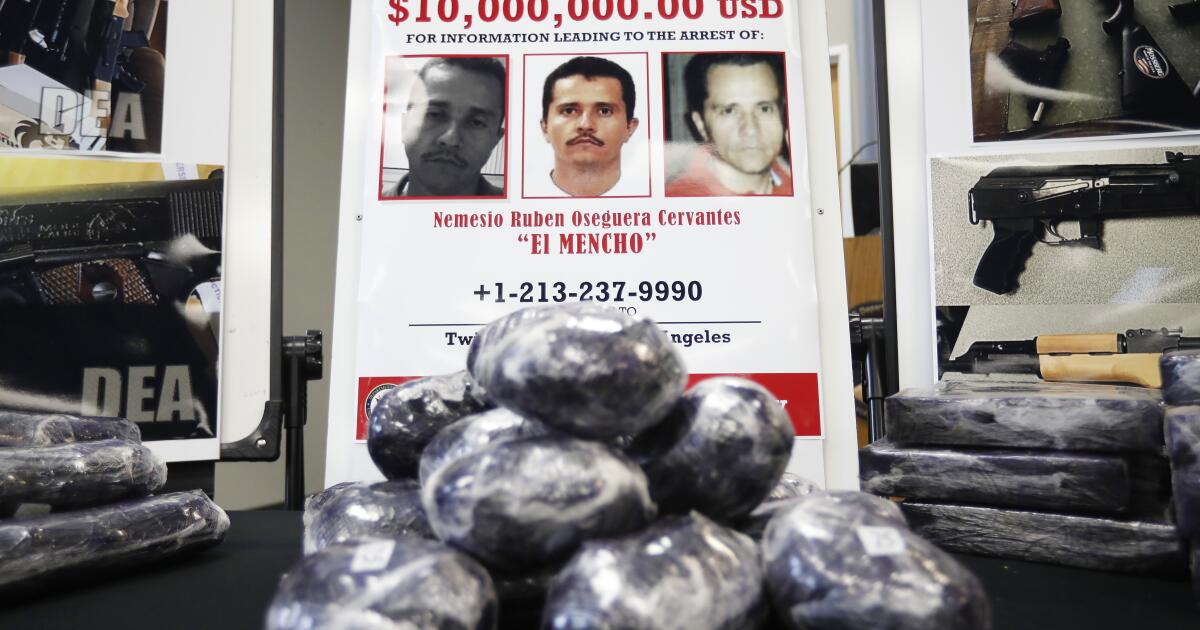The exiled crown prince of Iran has shared a “message to the friends of the Iranian people”, calling for an end to the escalating conflict in the Middle East and an end to the Islamic regime in his homeland.
Reza Pahlavi, who fled Iran with his family after the Islamic Revolution in 1979, took to X to advocate for change in his country and stress that the current fighting is “not the Iranian people’s war.” In his video message, Pahlavi blamed Iran for the October 7 attack on Israel that was perpetrated by the Iran-backed Palestinian outfit Hamas.
‘With turmoil and upheaval’
“So I say to you, our friends across the Middle East — our region deserves so much better. But in order to succeed, first, this regime, that has held us hostage for nearly half a century, must go,” said Pahlavi. “The Middle East is all too familiar with turmoil and upheaval. So, I know, you might fear change will bring chaos. But fear not — we will not allow a power vacuum to follow the collapse of this regime,” he said.
‘Ultimate solution is…’
In an interview with Fox News on Sunday, the exiled Crown Prince doubled down on his criticism of the Iranian government, saying an Iranian regime change would mean an end to many global problems. “[I care about] the welfare of my compatriots. I don’t want to see them yet again suffer from the consequences of this conflict,” he said.
“The ultimate solution is for this regime to no longer be there, and the best opportunity exists right now, not only for our friends in the region, but for the whole world to understand that a change of regime in Iran would put an end to all of these problems, so we don’t have to worry about maritime traffic and the oil prices going up because there is going to be some Houthis striking commercial ships or everything else that you have there,” he added.
The Last Shah Of Iran
This message came as Iranian officials often accuse him of exploiting the instability in Iran to advance his aspirations for power. Pahlavi’s father — Mohammad Reza Pahlavi, the last Shah of Iran — was hardly a paragon of democracy, ruling lavishly and benefiting from a CIA-supported 1953 coup of Iran’s prime minister.
He ruled from 1941 until the Iranian Revolution in 1979 when Mohammad Reza Pahlavi was overthrown and later died of cancer in exile in Cairo, Egypt. Reza Pahlavi, who shares the name with his father, is the eldest son of the Iranian Shah and Empress Farah Diba. With a couple of suitcases and no return ticket, Reza left Iran in his teens after his high school graduation. In an earlier interview with a UK-based outlet, Pahlavi recalled, “not at all able to imagine this would be the last day I would be in my homeland.”
What Happened in 1978?
In 1978, Reza Pahlavi was the eldest son of Mohammad Reza Shah, ruler of one of the world’s wealthiest royal families. His future seemed secure in Iran, a country rich in history and oil. However, Pahlavi’s life changed dramatically when the Shah’s regime was challenged by growing unrest. The Shah faced backlash for his efforts to westernise Iran and his autocratic rule, enforced by the notorious Savak secret police, known for brutal tactics, including torture and executions.
After a year of widespread protests, the royal family fled Iran in January 1979. Ruhollah Khomeini, a cleric who opposed the Shah, soon took power, establishing a hardline Islamic republic. Violence erupted as various factions vied for control, leading to an exodus of people fleeing the country. Pahlavi watched from abroad as turmoil unfolded.
“There was an exodus of people fleeing the country, trying to seek refuge abroad from the killings which had already started,” he recalled. The Shah, gravely ill, died of cancer in 1980. The following year, on his 21st birthday, Pahlavi proclaimed himself the Shahanshah, or king of kings, but was unable to return to Iran or formally wear the Pahlavi crown left behind.
What Now
Now Pahlavi lives in suburban Maryland in the US with his wife Yasmine and their three daughters. While he denies being a billionaire, his family remains affluent, with his mother, Empress Farah Pahlavi, living nearby and maintaining a high-profile social life.
Life in exile has been challenging for the Pahlavi family. His sister Leila died of a drug overdose in 2001, and his brother Ali Reza took his own life in 2011. Empress Farah has described her younger children as “sensitive and fragile” following the upheaval of the revolution, noting that they “never quite overcame the shock” of their abrupt changes in fortune.






